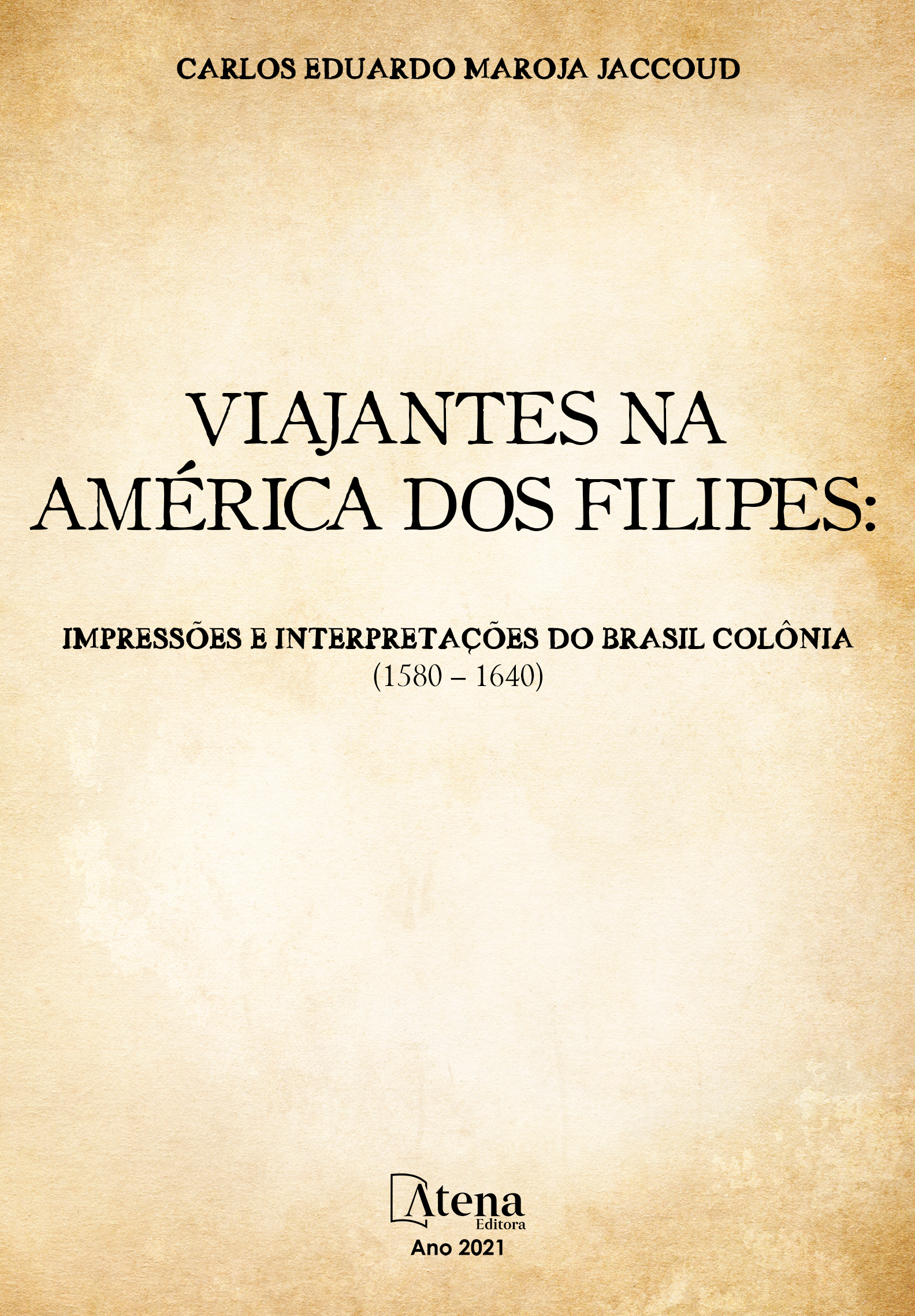
VIAJANTES NA AMÉRICA DOS FILIPES: IMPRESSÕES E INTERPRETAÇÕES DO BRASIL COLÔNIA; (C.1580-C.1640).
O estudo e a análise da literatura de viagem produzida por viajantes que estiveram na capitania da Bahia de Todos os Santos, no Brasil, durante a União Ibérica é a proposta deste trabalho. O recorte temporal utilizado foi a primeira metade do século XVII, não descartando a possibilidade de que parte desse trabalho nos levasse para a últimas duas décadas do século XVI, tendo em vista o período de duração da União Ibérica que vai de 1580-1640. Foi neste contexto que a dinastia filipina passou a se interessar pelo reconhecimento e mapeamento do território colonial brasileiro, tendo em vista sua posição estratégica na economia açucareira e na possibilidade de exploração de recursos naturais. A literatura de viagem possuiu importante papel neste processo, tendo em vista que, parte destes escritos foram os agentes de interlocução na aproximação da metrópole espanhola com as suas colônias americanas, inclusive por intermédio da coroa filipina, que desde o governo de Felipe II passou a recompensar escritos que possuíssem informações valiosas para a administração ibérica.
VIAJANTES NA AMÉRICA DOS FILIPES: IMPRESSÕES E INTERPRETAÇÕES DO BRASIL COLÔNIA; (C.1580-C.1640).
-
DOI: 10.22533/at.ed.096211609
-
Palavras-chave: Capitania da Bahia de Todos os Santos; União Ibérica; Literatura de Viagem; Cronistas; Século XVII
-
Keywords: Captaincy of Bahia de Todos os Santos; Iberian Union; Travel Literature; Chroniclers; XVII century.
-
Abstract:
The study and analysis of travel literature produced by travelers who were in the captaincy of Bahia de Todos os Santos in Brazil during the duration of the Iberian Union is the proposal of this work. The temporal cut used was mostly the first half of the seventeenth century, not ruling out the possibility that part of our work took us to the last two decades of the sixteenth century, given the duration of the Iberian Union from 1580 -1640. It was in this context that the Philippine dynasty became interested in the recognition and mapping of the Brazilian colonial territory, in view of its strategic position in the sugar economy and the possibility of exploitation of natural resources. The travel literature played an important role in this process, considering that part of these writings were the agents of interlocution in the approach of the Spanish metropolis of its American colonies, including through the Philippine crown, that from the rule of Felipe II happened to reward writings who had valuable information for the Iberian administration.
-
Número de páginas: 89
- Carlos Eduardo Maroja Jaccoud


